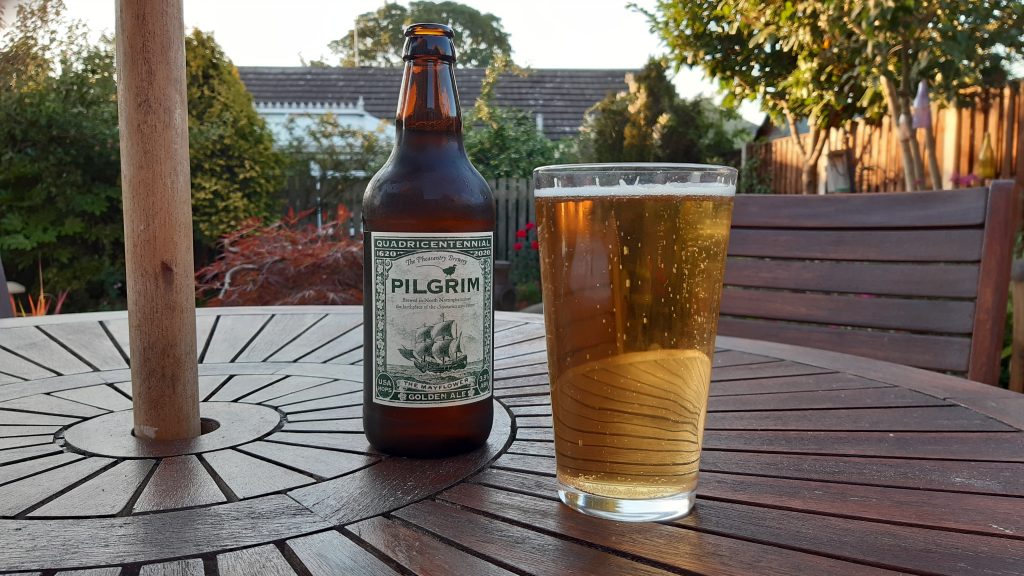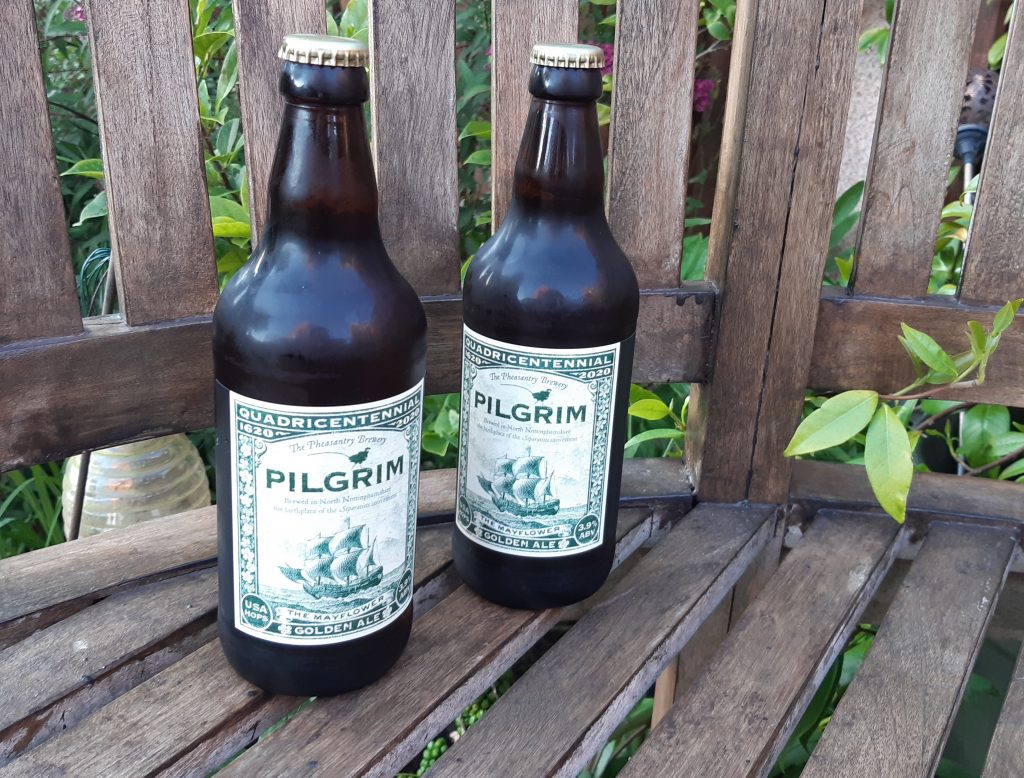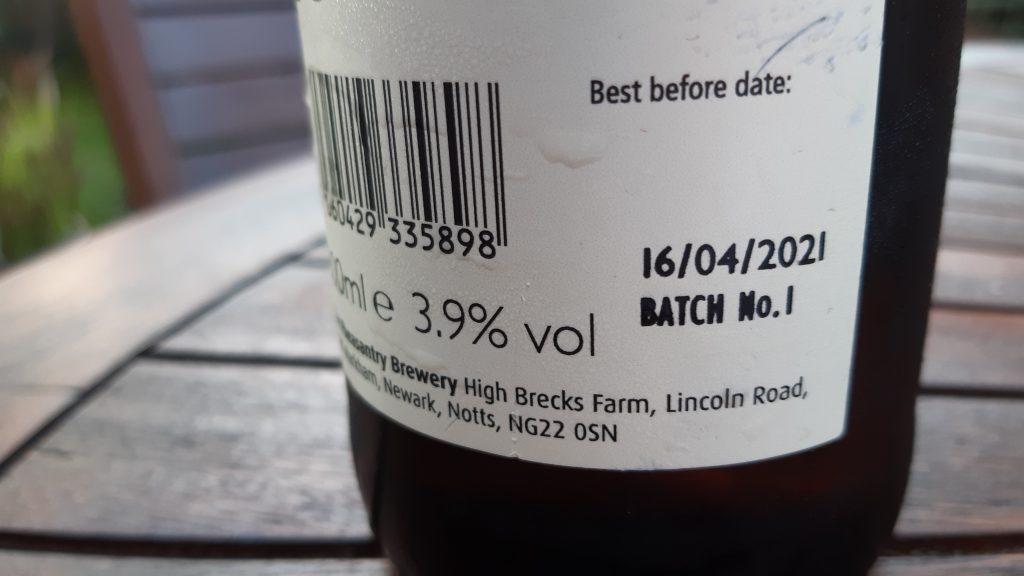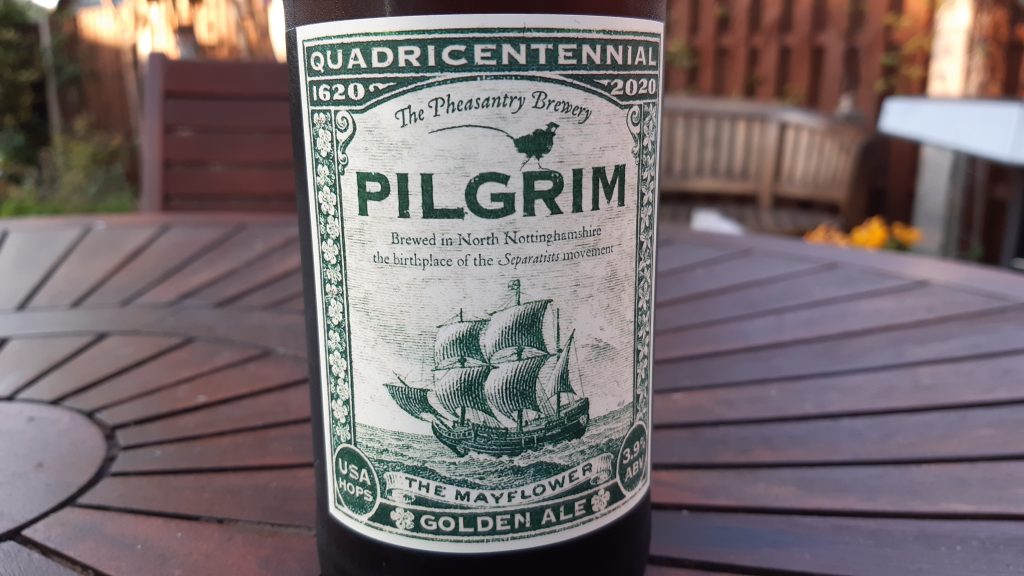In honour of the quadricentennial anniversary of the Mayflower Pilgrims setting sail in search of religious freedom one North Nottinghamshire brewery has released a special beer.
The Pheasantry Brewery is a family run business with connections to Babworth, where Richard Clifton preached to William Brewster and a young William Bradford. This family have celebrated life’s milestones at All Saints church, Babworth for years and so know the local Pilgrim Fathers story well.
‘My grandfather, Joseph Camm, moved to Babworth in 1916 where he farmed and lived until his death in 1959. The business was continued and expanded by my parents, Frank and Margaret Morrell (nee Camm). Today it is still a family farming business‘
Mary Easterbrook


They saw the Mayflower 400 anniversary as an opportunity to do something a bit different while celebrating a local story.
We heard that Covid-19 has put a bit of a dampner on things, as The Pheasantry intended to produce a cask version of Pilgrim beer that local pubs could sell – perhaps offering refreshment to visitors making their way along the Pilgrim Trail. We hope that they might join us in extending commemorations into 2021, the 400th anniversary of the first Thanksgiving.
‘Pilgrim’ is a golden ale made using USA hops, and commemorating the region’s unique connection to those famous passengers. The Pheasantry chose this flavour as a nod to the way beer has developed in America, where hoppy paler ales are popular.

History of Brewing
It has been suggested that our Nottinghamshire, Lincolnshire and South Yorkshire Pilgrims brought the production of beer to the ‘new world’. However, the Virginia colony brewed beer with corn in 1587, and it was not until 1637 that brewing was recorded in the Massachusetts Bay Colony. But, this does not mean that the Pilgrims or indeed the Separatists were indifferent to the attractions of beer.
Small (weak) beer was drunk on a daily basis in Tudor and Stuart England, even by children, as in the UK we do not have many natural sources of water which are safe to drink. On board the Mayflower, beer would be drunk more than anything else as the stores of water would turn bad much more quickly than the barrels of beer. Ships like the Mayflower would also have a Ship’s Cooper, a respected and important role that involved the upkeep and creation of the barrels used to store a journey’s necessities, including beer. (The Mayflower’s Cooper was a man named John Alden, who decided to stay in the colony.)
None of this was necessary in Massachusetts, where fresh spring water was good for drinking and the indigenous Wampanoag nation had no need for brewing in order to make it safe. Still, the European settlers preferred beer, and experienced much distress when they realised their supplies were dwindling.
The journalist from Austerfield writes of the settlers’ unhappiness at being obliged to drink water and finding that the Mayflower’s crew were not inclined to share the limited beer that remained:
‘As this calamity fell among ye passengers that were to be left here to plant, and were hasted ashore and made to drink water, that ye sea-men might have ye more beer, and one in his sickness desiring but a small canne of beer, it was answered, that if he were their owne father he should have none’
William Bradford, Of Plimoth Plantation
Bradford also recounts the colony’s defence against several objections to others joining them, answering the rumour that ‘The water is not wholesome’ with:
‘If they mean not so wholesome as ye good beer and wine in London, (which they so dearly love,) we will not dispute with them; but els, for water, it is as good as any in ye world, (for ought we knowe,) and it is wholsome enough to us that can be contente therwith.’
William Bradford, Of Plimoth Plantation
The water was fine, but could not be compared to the beer of Britain!

The Pilgrim beer can be bought direct from The Pheasantry, or found in your local Lincolnshire Co-op.